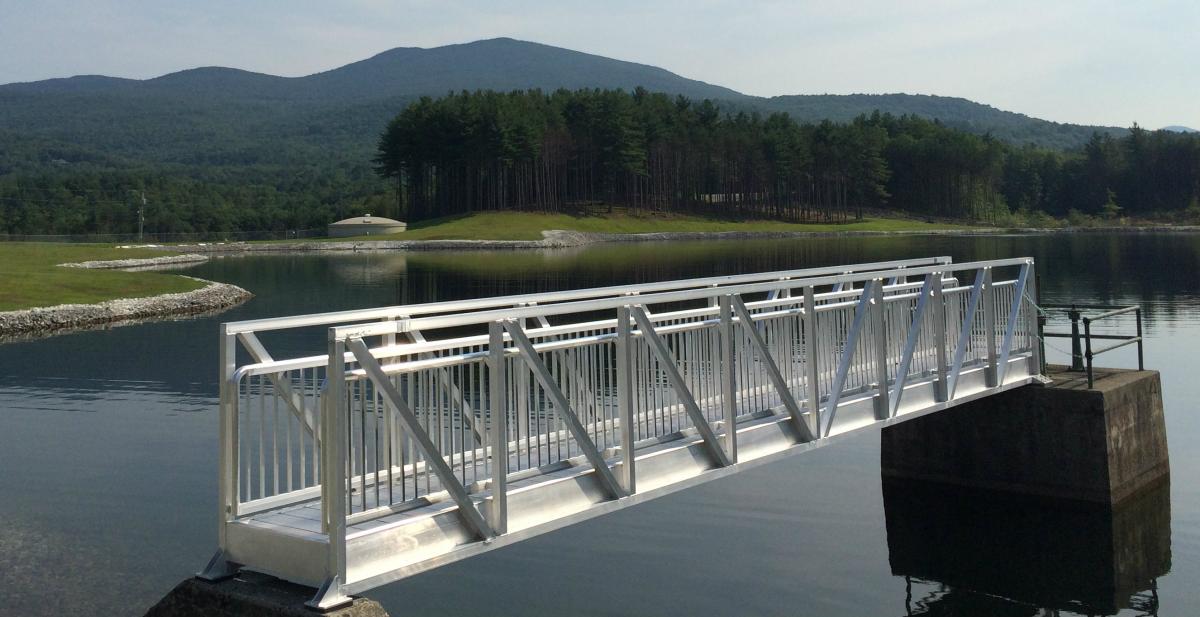
Capacity Evaluations
Want to improve your drinking water system? Using the Capacity Self-Evaluation to evaluate your system’s technical, managerial, and financial capabilities is a great way to start. It will help you identify your system’s strengths, weaknesses, and needs. Then you can develop a plan to make your system more sustainable.
Please contact us if you have any questions, or want help completing the assessment and developing a plan to improve your water system.
Capacity Determinations
The Department of Environmental Conservation (DEC) must determine whether a system has adequate technical, managerial, and financial capacity to ensure compliance with the Safe Water Drinking Act (SWDA):
- Before providing a public water system a loan from the Drinking Water State Revolving Fund (DWSRF); and
- Prior to issuing operating permits to new public community and non-transient non-community water systems.
Systems applying for a loan from the DWSRF:
A capacity determination is required before a system can receive a loan from the DWSRF. To make this determination, staff from the Capacity Development or DWSRF Program will meet with the water system owner, operator, and consultant (if applicable). During the meeting, staff will use a questionnaire to help evaluate the system’s technical, managerial, and financial capabilities. Depending on the scope of the proposed project, staff may also tour the system. As part of the determination, DEC must ensure that the proposed project is designed to address any technical deficiencies. For systems lacking managerial or financial capabilities, staff will prepare a list of tasks that, if completed, will improve capacity. Depending on their importance, these tasks may be required in the system’s operating permit or as a condition in the loan. If you have questions or would like more information, contact the Capacity Development staff or DWSRF program staff.
Change in system owner (CWSs and NTNCs):
A capacity determination is required when there is a change in owners of a CWS or NTNC. To help make the determination, Capacity Development Program staff will meet with the new water system owner, operator, and consultant (if applicable). During the meeting, we will discuss the system's technical, managerial, and technical capacities and may tour the system. The meeting is an opportunity for the new water system owners to receive some training, request resources, and discuss the requirements and responsibilities associated with managing a public water system. Capacity Development Program staff will write a capacity determination based on the meeting and a review of the water system’s history (for existing systems this would include results from sanitary surveys, etc.). For systems lacking technical, managerial, or financial capabilities, staff will prepare a list of tasks that must be completed to improve capacity. Depending on their importance, these tasks may be required in the system’s operating permit. If your new governing body is proactive or your community is thinking about purchasing a water system, there are some resources you can refer to:
- Capacity Evaluation for New Systems or Owners
- How to Form a Fire District Guidance Document
- The Big Guide for Small Systems: A Resource for Board Members by Rural Community Assistance Partnership (2011)
New Water Systems (CWSs and NTNCs)
Before serving water to the public, the owner of a new CWS or NTNC must demonstrate that the system has adequate technical, managerial, and financial capacity to provide safe drinking water. To demonstrate adequate capacity, the owner must complete the tasks outlined in the Proposed New Community Drinking Water System Checklist or the Proposed New Non-Transient Non-Community Drinking Water System Checklist or the Proposed New Consecutive Drinking Water System Checklist
Before applying for permits, we recommend new system owners meet with us to gain a better understanding of the cost and requirements associated with owning and operating a public water system.
Please contact us if you have questions regarding Capacity Determinations or the permitting process. Please note: You may also need a wastewater permit or permit amendment. Contact the appropriate DEC Regional Office to talk to a permit specialist.
